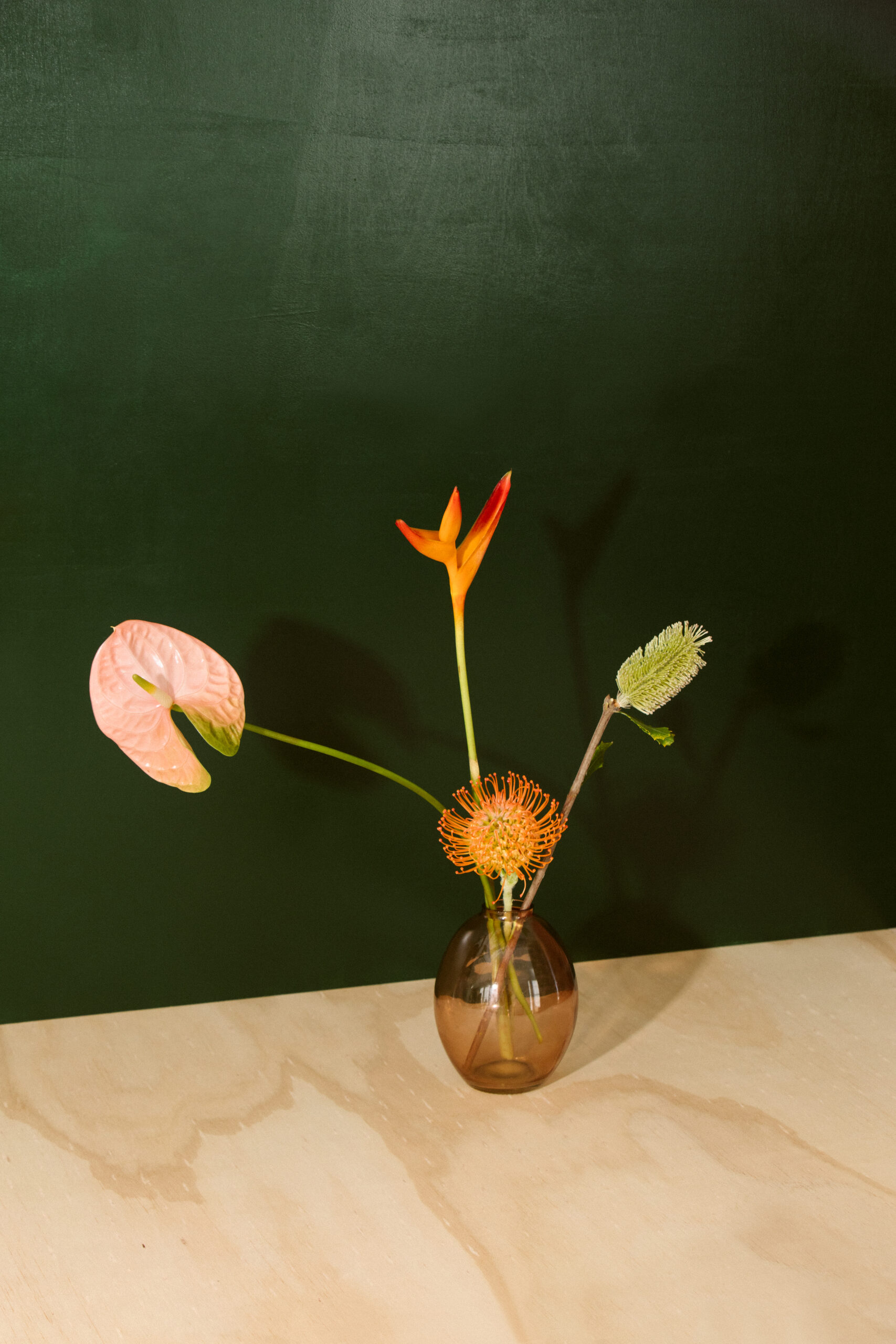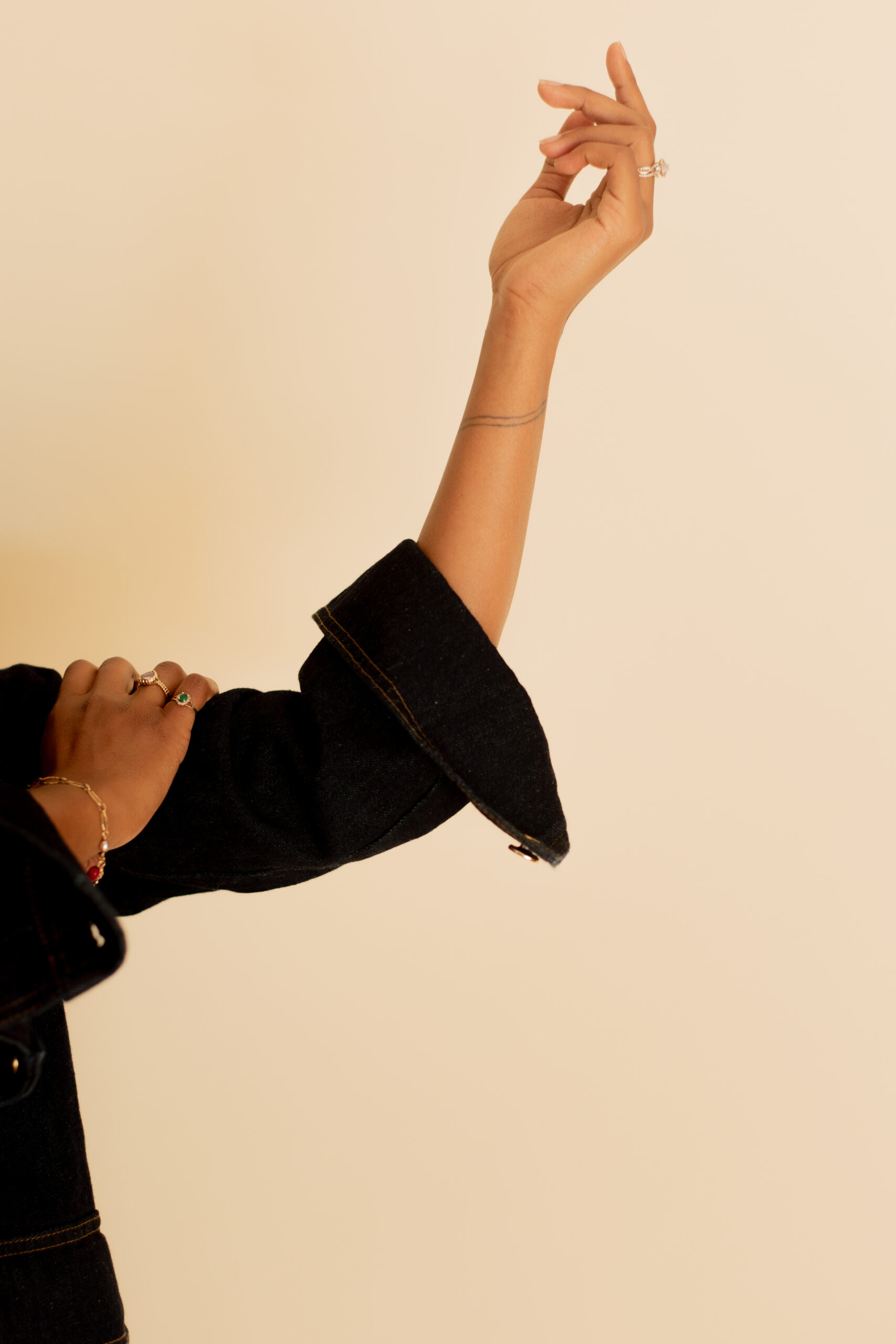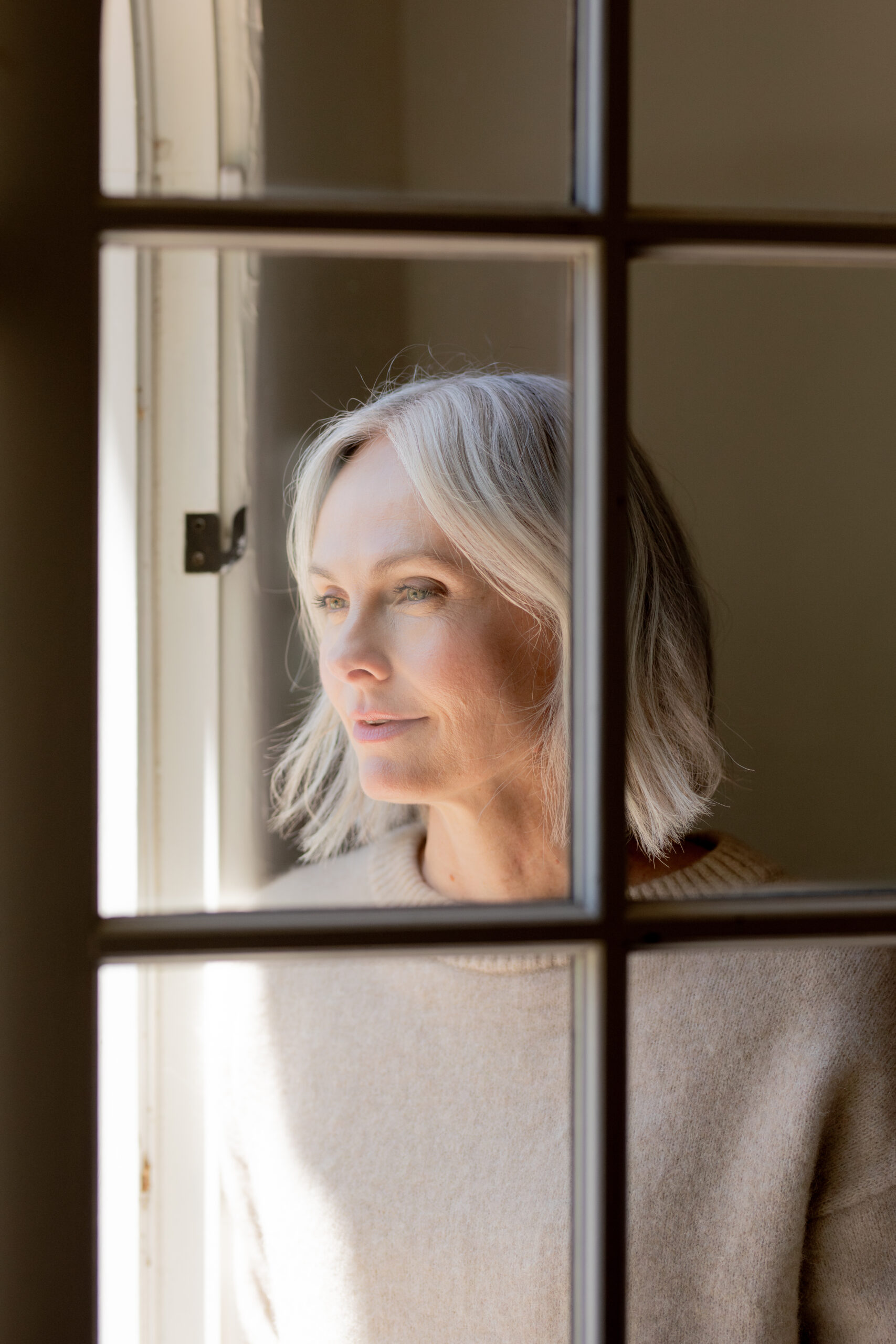
Who Are You In A Parallel Universe?
A couple of months ago, I met a new pet-sitting client. “Natalie,” we’ll call her. She lived in a pretty ranch-style house blocks from my old high school, and she looked to be my age. We were similar heights and both fond of schedules and a tidy home. I could have seen myself in Natalie’s shoes. Except she was married with a toddler in tow, about to take a vacation with her family. I was there to babysit her cat, a financial supplement to my new career in animal welfare.
“I could have seen myself in Natalie’s shoes. Except she was married with a toddler in tow, about to take a vacation with her family. I was there to babysit her cat.”
From a conventional perspective, I guess Natalie represents the version of me who did things “right.” She settled down, bought a home with her husband, and spends her days tending to it and her cherubic little boy. I live alone with my pets in a rented apartment, having recently left a career in marketing to start over at a non-profit.
Yet, as any of us who have seen behind the veneer of social convention know, life isn’t that simple. Truthfully, I have no idea how happy Natalie is. I do know the choices I’ve made — the ones that ushered me into my current lifestyle — were designed for my satisfaction: I don’t want kids enough to have them. I am, at least for now, satisfied with the financial trade-off of a career that doesn’t cause existential dread. And I just celebrated two years with a wonderful boyfriend.
So why — pray tell — did I spend my drive home from Natalie’s wondering what my life would look like in a parallel universe? One where a couple of different decisions would find me in my kitchen making oatmeal with a baby on my hip?
Why we imagine alternate versions of ourselves
“Humans are natural storytellers, and our brains are wired to imagine possibilities,” says Marisa Ronquillo, LMFT. It’s a way we make sense of our past and get ready for our future.
“Humans are natural storytellers, and our brains are wired to imagine possibilities.”
– Marisa Ronquillo, LMFT
“Thinking about ‘alternate selves’ is part of what psychologists call counterfactual thinking,” she says. “We mentally simulate different outcomes based on choices we could have made.” It’s something most of us do regularly on a small-stakes scale, like considering different ways we could have responded in an argument. But it can feel scary when we wonder about alternatives to the bigger stuff. After all, the conventional narrative tells us that when we make the right choice, the rest should fade into oblivion. Add in social media adages, like “if it’s not a f*ck yes, it’s f*ck no,” and of course we think something is wrong when curiosity creeps in.
But imagining who we would be if things went differently can actually help us process what did happen, says Ronquillo. It gives us a sense of control over events that feel overwhelming like marriages, births, career changes, or even deaths. When we mentally manipulate the plot, we become a contributor to the story, even if we don’t really control the outcome.
And according to Ronquillo, imagining ourselves in an alternate reality can help us understand cause and effect in our own lives. It can even clarify our values.
Alternate realities as mirrors
So it makes sense that Ronquillo encourages us to see our musings on our alternative selves as mirrors. These daydreams don’t have to be scary. They’re likely just showing us strengths we haven’t yet used or beliefs we still hold. They can be a helpful thing to explore if we’re feeling a bit adrift, wondering what our next move should be.
“What do we do when we discover we long for something that we simply won’t have?”
But of course, there’s always the chance that our imagination will show us something we want and — gasp — can’t have. If I had to guess at the reason most people avoid wondering about their alternate lives, the fear of this yearning is it. What do we do when we discover we long for something that we simply won’t have?
The answer is to grieve.
Mourning realities that will never be
I know what you might be thinking right now. “Look around, homegirl. Don’t you think there’s enough to grieve in this reality? Most of us don’t have the emotional capacity to mourn for alternate timelines.”
You’re right, of course. Enough is happening in this world, right now, to bring us to our knees. And if you’re currently working your way through a hard season, this probably isn’t the time to contemplate alternate realities (unless it makes you feel better!).
But here’s something else to consider: We’re likely already mourning the versions of ourselves we won’t be. We’re just not doing it consciously. After all, most of us care tremendously about the plights of our loved ones, the environment, and the victims of atrocities the world over. All that outward compassion is admirable and important, but it doesn’t leave much room for the things that we deem too “selfish” to have heavy feelings about. The stuff that’s not tragic enough to “count.”
“We’re likely already mourning the versions of ourselves we won’t be. We’re just not doing it consciously.”
So it gets swept into a corner of our consciousness that doesn’t get much tending. There it lies festering, and not — frustratingly enough — dissolving without a trace. So what if we gave it just a few moments of our time? Perhaps we could let it exorcise some of its sadness (or anger, or indignation!). Would that truly make us more upset?
Or might it clear away some of the mental and emotional fog that prevents us from fully embracing the choices we have made?
“Grieving lost possibilities is a way of honoring the emotional truth that those imagined futures mattered to us.”
– Ronquillo
“Grieving lost possibilities is a way of honoring the emotional truth that those imagined futures mattered to us,” says Ronquillo. She compares it to the end of a relationship, or a rejection from a job you wanted. After all, the second those possibilities are taken away from us, they become alternate realities too. “Allowing space for that grief often leads to self-compassion and a more integrated sense of self,” she says. We might even embrace our alternate selves as internal sources of wisdom, she notes.
Rather than banishing them as evidence of “wrong turns,” Ronquillo suggests asking these versions what matters to them. The answer isn’t always something that will upend our lives. Often, we can make micro-adjustments in our current realities to be more creative, enjoy a little more freedom, or cultivate a different community. The result, Ronquillo says, can be a smaller gap between who we feel we could have been and who we are now.
When contemplating alternate realities isn’t helpful
Anyone who has studied health may have heard the phrase “the dose makes the poison.” It’s helpful when administering medicine, of course, but it also applies to our mindset.
In the same way that ignoring our alternate selves may sabotage us, doing exclusively the opposite isn’t helpful either. If we become fixated on the choices we didn’t make, it can be indicative of other conditions (like OCD, for example) that need loving attention. Reflecting on an alternate reality may feel rocky at first, but it shouldn’t cause prolonged frustration. If it feels like a compulsion, it’s time to take a step back.
“Reflecting on an alternate reality may feel rocky at first, but it shouldn’t cause prolonged frustration.”
This is also true if reflecting on your parallel universe begins to feel punitive. “Reflection becomes harmful when it shifts from curiosity to judgment, especially if we repeatedly tell ourselves that our life would be ‘better’ had we chosen differently. This can spiral into regret and keep us stuck,” says Ronquillo. “The key is to frame these reflections as exploration rather than evidence of failure.”
Using our alternate selves to our advantage
So how do we go about safely indulging our alternate realities without sinking into remorse? Step one is to simply permit ourselves to wonder. I’m sure I don’t have to tell you that anything we deem illicit not only becomes more tempting, but can feel laced with impulse and guilt when we inevitably do it anyway. It helps to understand that occasionally contemplating different choices is a normal part of our brain making sense of things, like dreaming at night. And that’s doubly true if we’re at the threshold of a big life transition, like a marriage or a move to a new city.
Beyond that, some of us may feel safer contemplating different realities through the lens of structured exercises. For that, Ronquillo has generously given us several:
- We can write a letter to our alternate selves (or from our alternate selves, or both!) and see what insights emerge.
- We can make a list of what our alternate self cares about, then make a list of the values we’re upholding in our current reality. We can then compare and adjust accordingly.
- Or, we can paint, draw, collage, or otherwise create something that represents our alternate selves.
Regardless of how we choose to think about it, Ronquillo suggests a small ritual to help us close out of that imagined world and come back to our current one. It can be something as simple as lighting a candle. And if we’re not feeling particularly creative or expressive, it’s also valid to simply say, “I feel disappointed that this thing I wanted never happened.” Then attend to whatever sensation that stirs up in our bodies. It doesn’t have to be fancy. ✨
Being human comes with choice, and choice inevitably comes with some regret — or at least curiosity. It’s okay to wonder how things could have been different. If we use that wondering to make our current reality more satisfying, all the better!
“It’s okay to wonder how things could have been different.”
Life is long, and we do have time to change and adjust. But even if nothing shifts externally, our interior lives will likely feel richer and more integrated when we pause to acknowledge the paths we didn’t take.
P.S. I’d love to know what your parallel universe looks like. Leave a comment letting me know, and we’ll indulge in the fantasy together.
Nicole Ahlering is an animal adoption counselor at her local humane society. She’s also a writer. (So basically, everything she wanted to be when she grew up!) When she’s not working, she’s hanging out with her kitties and her partner, drinking iced espresso, or reading something non-fiction.



